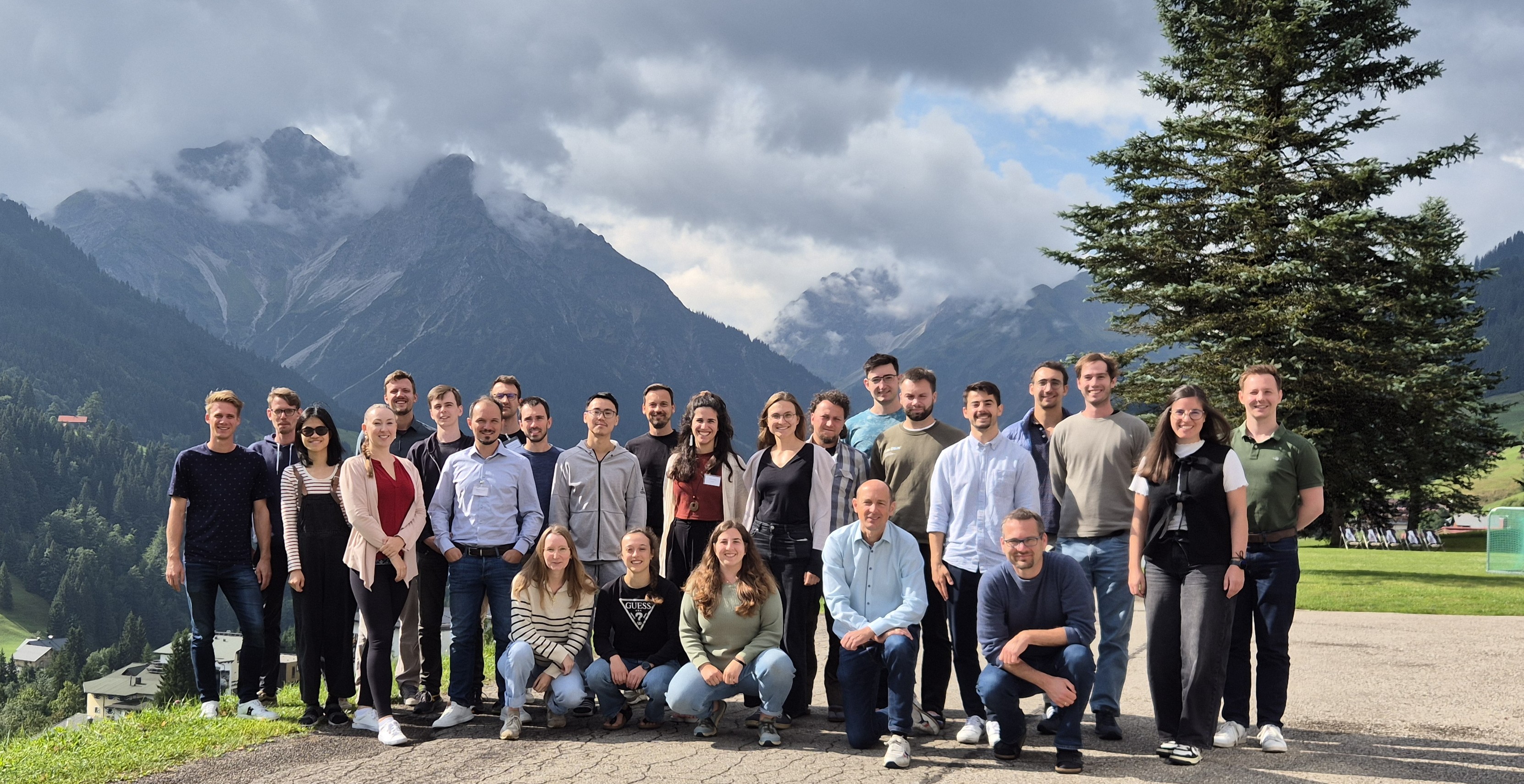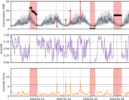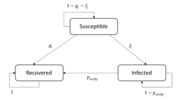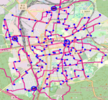M.Sc. Tobias Gebhard

Residential Power Demand Modeling
S3|10 310
Landgraf-Georg-Str. 4
64283 Darmstadt
Research Interest
- Modeling of Residential Energy Demand
- Modeling of Consumer Dependencies/Synchronization
- Probabilistic Modeling
- Data Analytics
- Digital Twins
The modeling of energy demand is important for predictions and ensuring power grid stability. The residential sector exhibits much uncertainty created by human behavior and increasing electricity demand, e.g. due to more and more heat pumps (HPs) and electric vehicles (EVs). In demand modeling, consumers are often considered independent from each other because peaks at different times mostly balance out. However, the synchronized change of power demands can quickly pose a problem to power grids (also known as the "TV pick-up" effect). This could potentially lead to blackouts, as distribution grids are not designed for every household to receive maximal power simultaneously. Therefore, a better understanding of consumer dependencies and the early detection of such anomalies is necessary.
These ideas are investigated in an interdisciplinary context together with the research center emergenCITY, funded by the LOEWE initiative (Hesse, Germany) and the DLR, Institute for the Protection of Terrestrial Infrastructures. Based on the digital city of the future, we tackle the questions on how to maintain its functionalities even in extreme situations, crises and disasters and to increase the reliability and resilience of critical infrastructures. We build demonstrators that simulate a city (for example Darmstadt) as a socio-technical system, considering the interdependencies of energy, communication and water infrastructure.
Open theses
Unfortunately, there is nothing available in the moment.
Short Bio
- Since 2021: PhD Student at EINS and researcher at DLR
- 2018 - 2021: M.Sc. Mechatronik at TU Darmstadt
- 2014 - 2018: B.Sc. Mechatronik at TU Darmstadt
Publications
[Conference]
Tobias Gebhard, Andrea Tundis, Florian Steinke:
Explainable Anomaly Detection for Grid Monitoring using Probabilistic Load Forecasting.
In: IEEE SmartGridComm 2025, Toronto, Canada, 2025
[Journal]
Isabella Nunes Grieser, Tobias Gebhard, Andrea Tundis, Jens Kersten, Tobias Elßner, Florian Steinke:
Modeling and monitoring social media dynamics to predict electricity demand peaks.
In: Elsevier Energy Reports 13 , P. 1548-1557, 2025
[Conference]
Tobias Gebhard, Andrea Tundis, Florian Steinke:
Automated Generation of Urban Medium-voltage Grids using OpenStreetMap Data.
In: IEEE PES Innovative Smart Grid Technologies Europe (ISGT Europe), Dubrovnik, Croatia, 2024
[Conference]
Tobias Gebhard, Eva Brucherseifer, Florian Steinke:
Monitoring Electricity Demand Synchronization Using Copulas.
In: IEEE PES Innovative Smart Grid Technologies Europe (ISGT Europe), Novi Sad, Serbia, 2022







